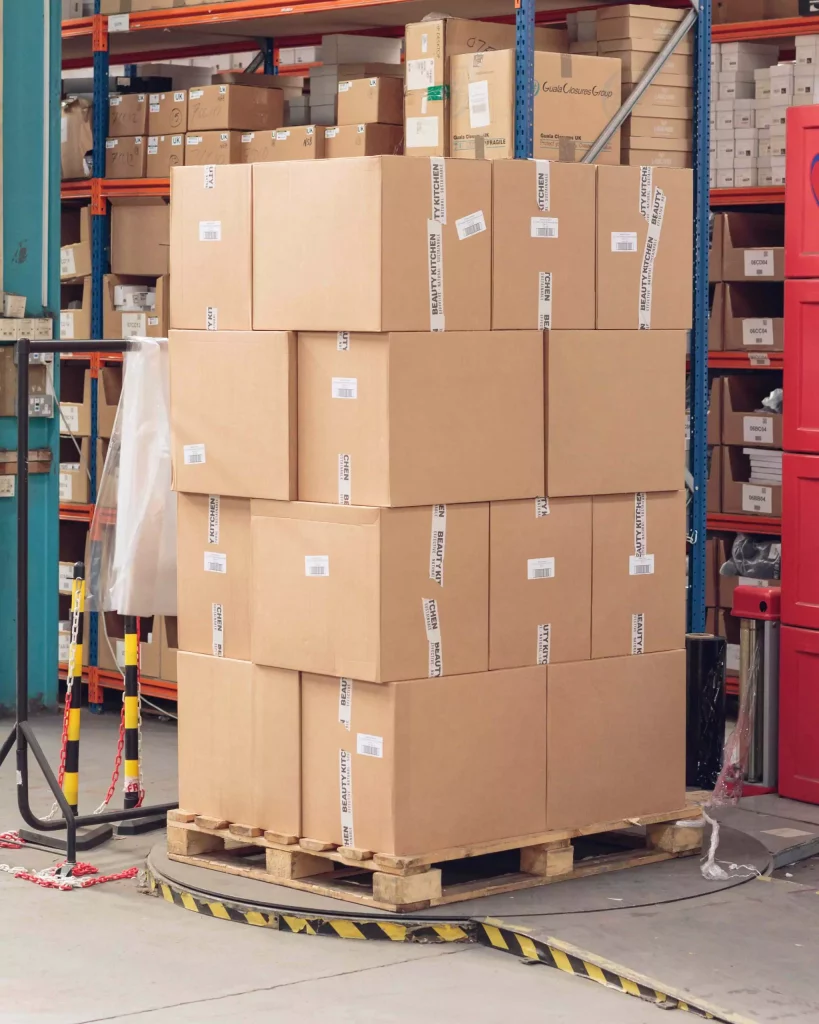When it comes to logistics, sustainability is key. That’s why avoiding excessive packaging and unsustainable packaging is essential for green logistics.
A recent poll conducted for Greenpeace UK by YouGov found that 85% of people in the UK want the Government to make retailers cut the amount of plastic packaging they use.
In this context, it is important to reduce filler materials, with the consequent reduction of waste and costs, and to avoid using several packages for one product.
In addition, opting for sustainable materials, such as cardboard which is a recyclable and circular option, is beneficial for business and the environment.
We recently blogged on the Plastic Packaging Tax.
The packaging tax will help reduce the amount of plastic packaging produced each year, but what does this mean for logistics?
Firstly, businesses will need to review their packaging strategy to ensure they are using as little plastic packaging as possible and that any packaging they do use contains a high recycled content.
The aim of the tax is to stimulate demand for recycled plastic, creating a greater demand for this material and diverting plastic waste away from landfills.
The rate of tax will be £200 per tonne on plastic packaging that contains less than 30% recycled plastic, and which is manufactured or imported into the UK (including packaging on finished goods which are imported). Packaging containing 30% or more recycled plastic will not be chargeable for the tax.
So next time you’re thinking about your packaging and logistics strategy, keep sustainability in mind and talk to us about all the sustainable options we can support you with on your green logistics journey.

